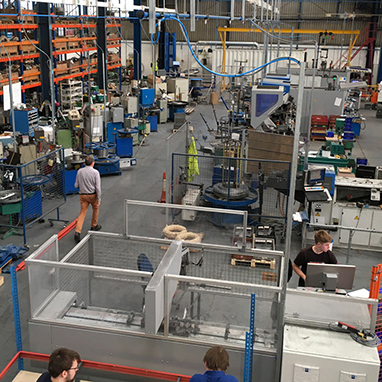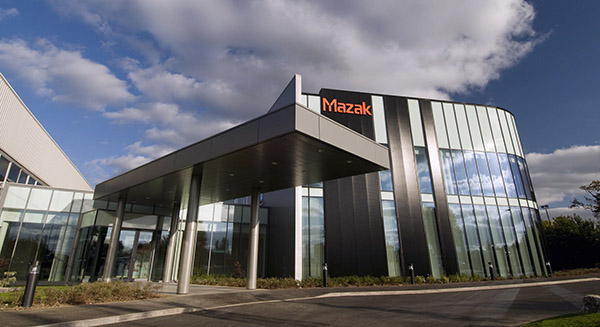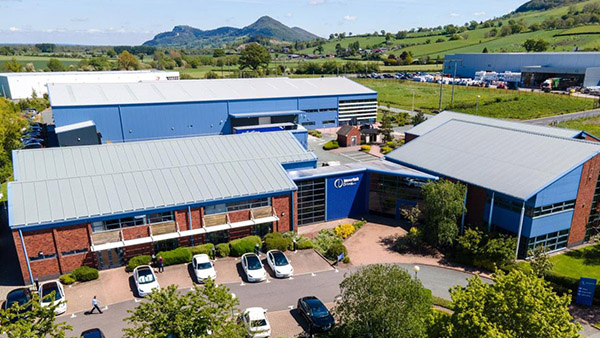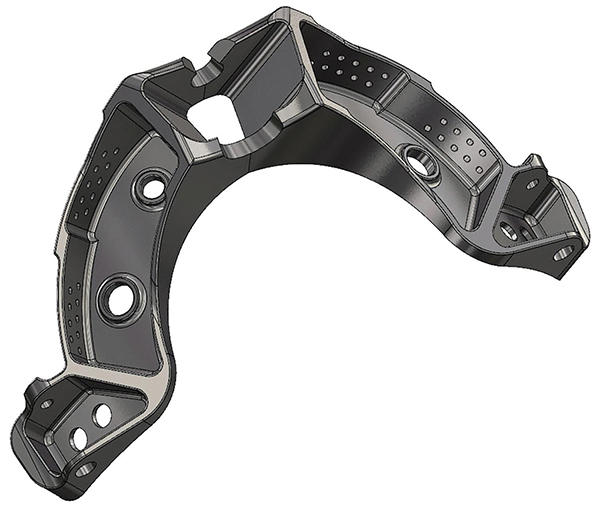
When Sertec made the decision to close its springs and wire forms division and put some assets up for sale, Emma Burgon, engineering director at Stalbridge-based William Hughes Ltd, spotted an opportunity to not only bolster her company’s existing capabilities, but introduce new ones.
“Because of the transfer of assets we’ve been able to increase our welding capacity, while we’ll also be adding a further four bending machines, taking us up to 10 in total. In addition, we’ve introduced a three-axis XYZ vertical machining centre and an EDM wire eroder, which we’re in the process of refurbishing. We’ve never had EDM capability before, but our tool-room manager is convinced that it will speed us up because it can pre-cut blocks prior to CNC milling. Our customers don’t normally give us very much time to make weld jigs, but if we can get off tools quicker than anybody else, we’ll win the project, so speed of weld jig design and manufacture is definitely a big plus.”
For further information www.wmhughes.co.uk























